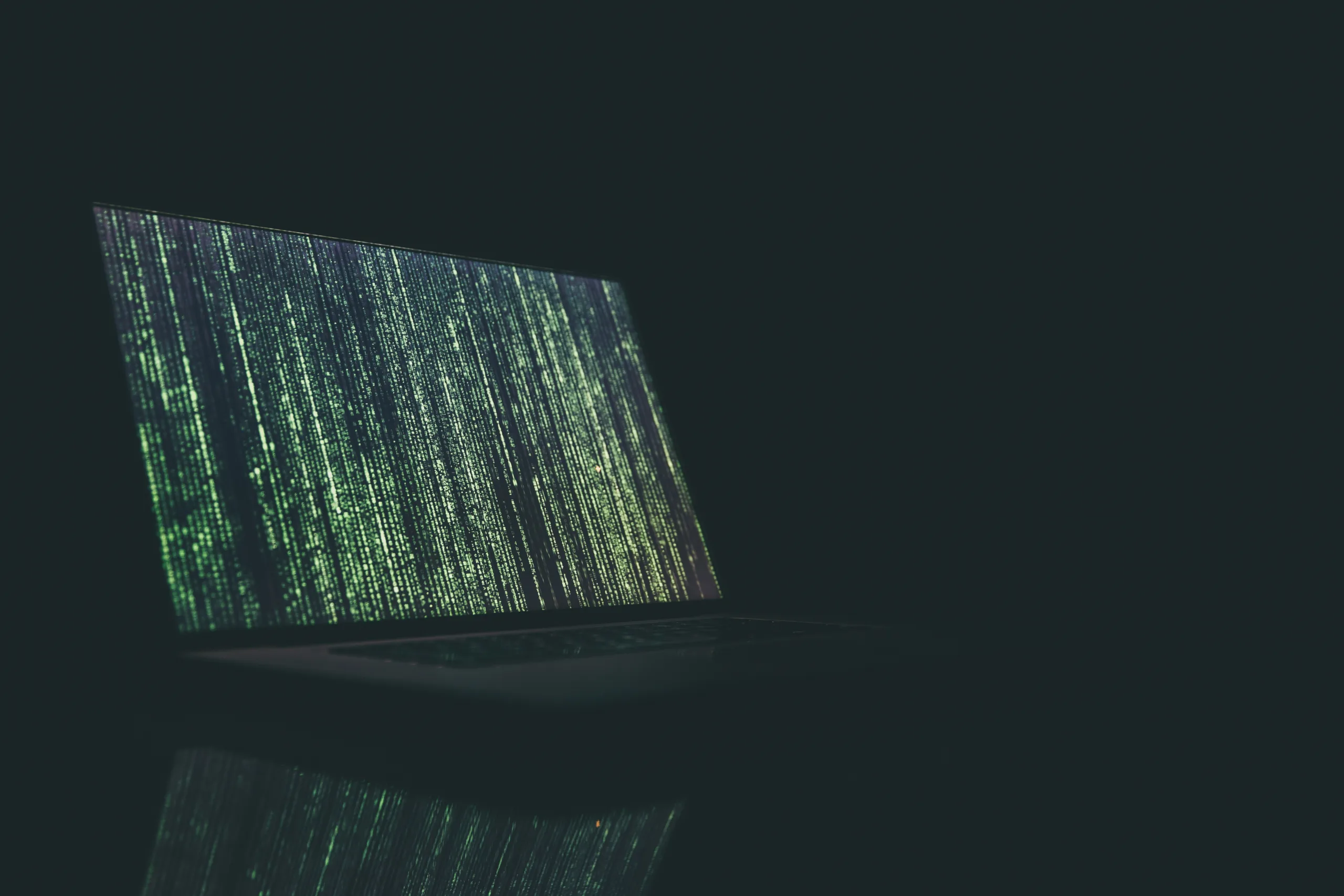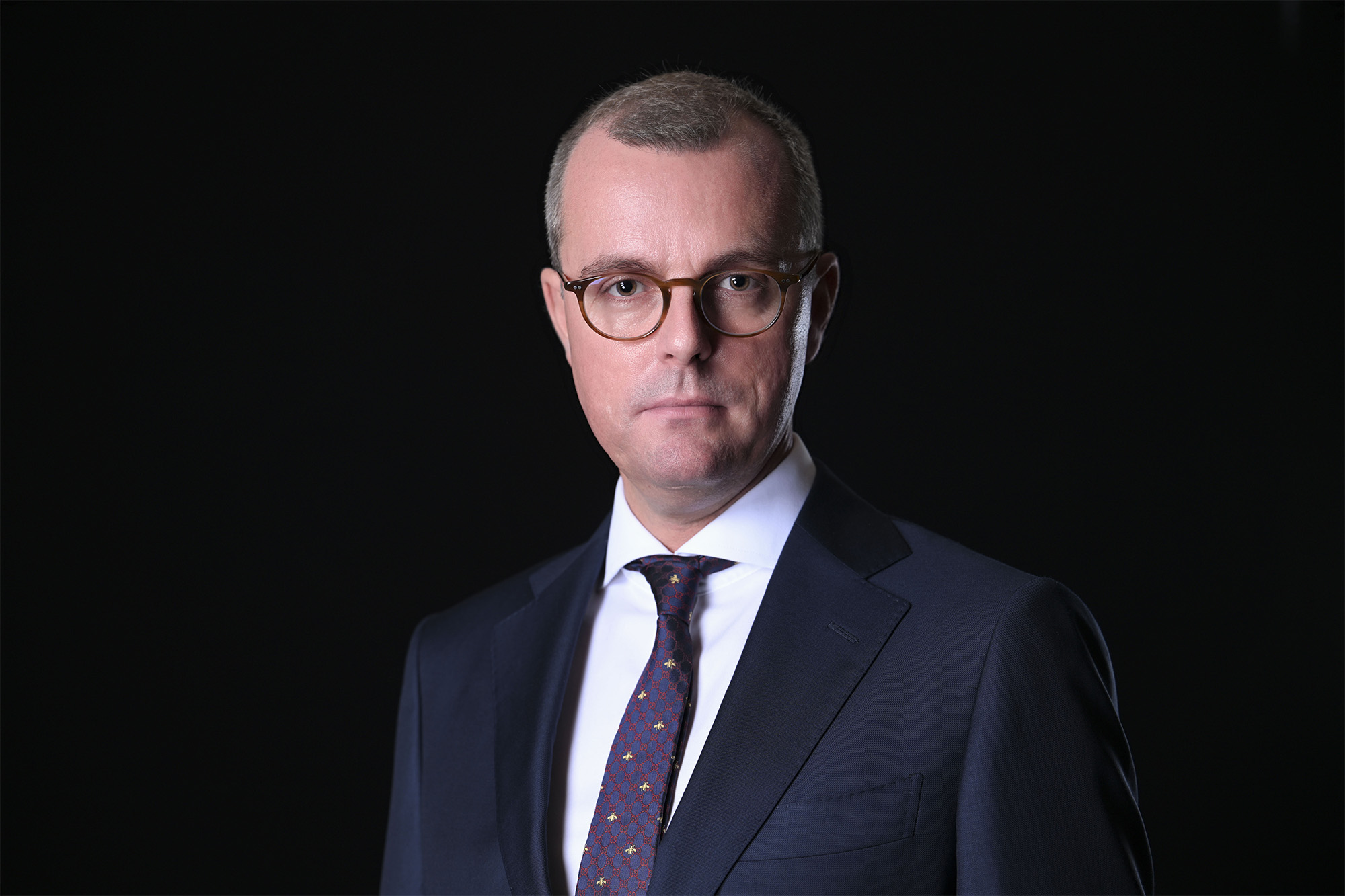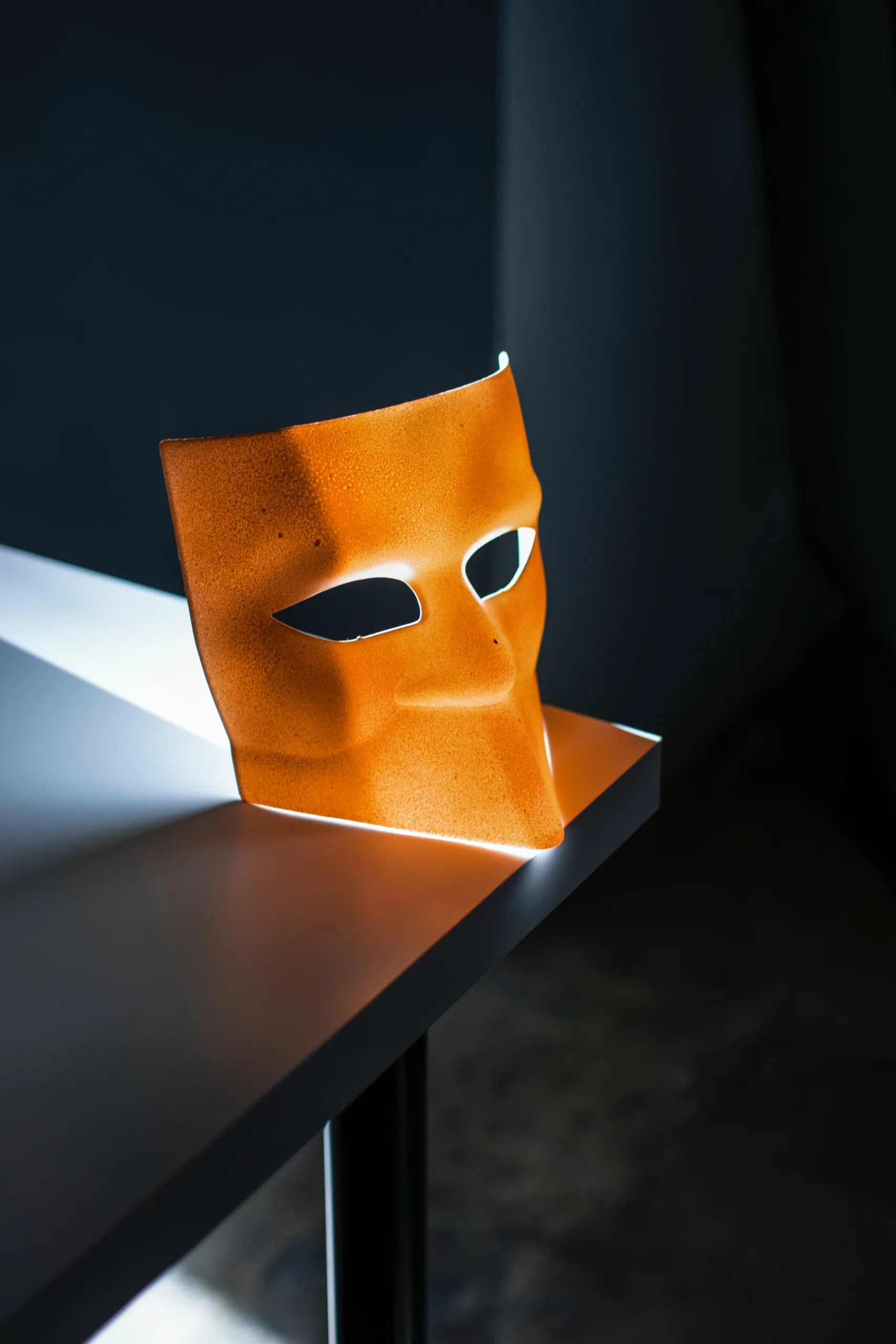“The Online Safety Act should make it easier to investigate and prosecute deepfake offences, says lawyer Mark Jones, a partner at Payne Hicks Beach. “It remains to be seen if it acts as a deterrent. We won’t know until we see the kinds of sentences courts impose,” he says. Plus, if the creator lives outside the UK (which the vast majority will) the new law is unlikely to apply to sexual or intimate deepfakes.
The Act places a duty of care on online platforms to remove illegal content, even if they are based outside of the UK if they target the UK or have a significant number of users in the UK. “It’s not a means of getting justice but it will make it easier for victims to get images taken down,” says Jones, whose firm represented Love Island star Georgia Harrison in her successful civil case against her ex, Stephen Bear, who uploaded intimate footage of the couple to the OnlyFans website. “Even though we won the civil claim and there was a successful criminal prosecution, it was difficult initially for Georgia to get the videos removed from online platforms. The act shifts the balance — there’s a legal duty on those platforms to remove illegal content or face a fine. Time will tell if this works.”





